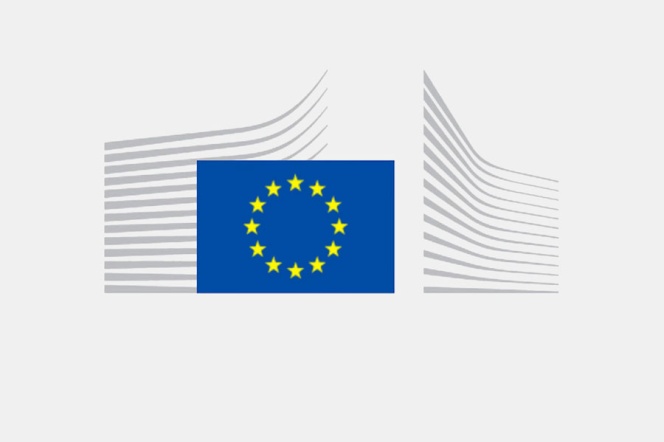Date added: 2024-02-15
Project implemented at Gdańsk Tech selected by the European Commission

In view of the upcoming European Parliament elections, and taking into account "reduced trust in governments, increased political polarization and the development of external threats to democracy", the European Commission has selected 15 projects funded under the Horizon program that are "investigating challenges to democracy and testing innovative solutions that support higher citizen engagement in democratic processes”. The projects were presented in the latest "Results Package" on the EC information service CORDIS.
Among other projects the European Commission distinguished the ELECTRUST project dedicated to the analysis of the threats and benefits offered by Internet voting systems, which was implemented in 2022-2023 at the Department of Computer Science in Management at the Faculty of Management and Economics of Gdańsk University of Technology under the supervision of prof. David Duenas-Cid, currently a professor at the Leon Kozminski University.
Starting with the observation that online voting has been technically feasible for many years but "has not been adopted by many governments", the aim of the ELECTRUST project was to examine "how the discourse around electronic voting both constructs and exploits issues of trust and distrust, ultimately shaping public opinion about technology and its promoters”. To this end, the project carried out case studies of various forms of electronic voting adopted by Australia, Estonia, Spain, the Netherlands, Norway and Switzerland, including 'an extensive case study of New South Wales, Australia, which abandoned electronic voting after early experimentation". The analysis showed "how the discourse on electronic voting flexibly accommodates arguments related to trust and distrust, often unrelated to technology, but rather touching on broader socio-political contexts and individual beliefs".
Other projects presented by the EC included: analysis of various aspects of trust in the governance process, direct democracy in the face of the popularization of populism, the role of the media in the development process and limiting public discourse, and the promotion of gender equality issues by parliamentary political groups.
-
2026-01-12
Turning seawater into green fuel

